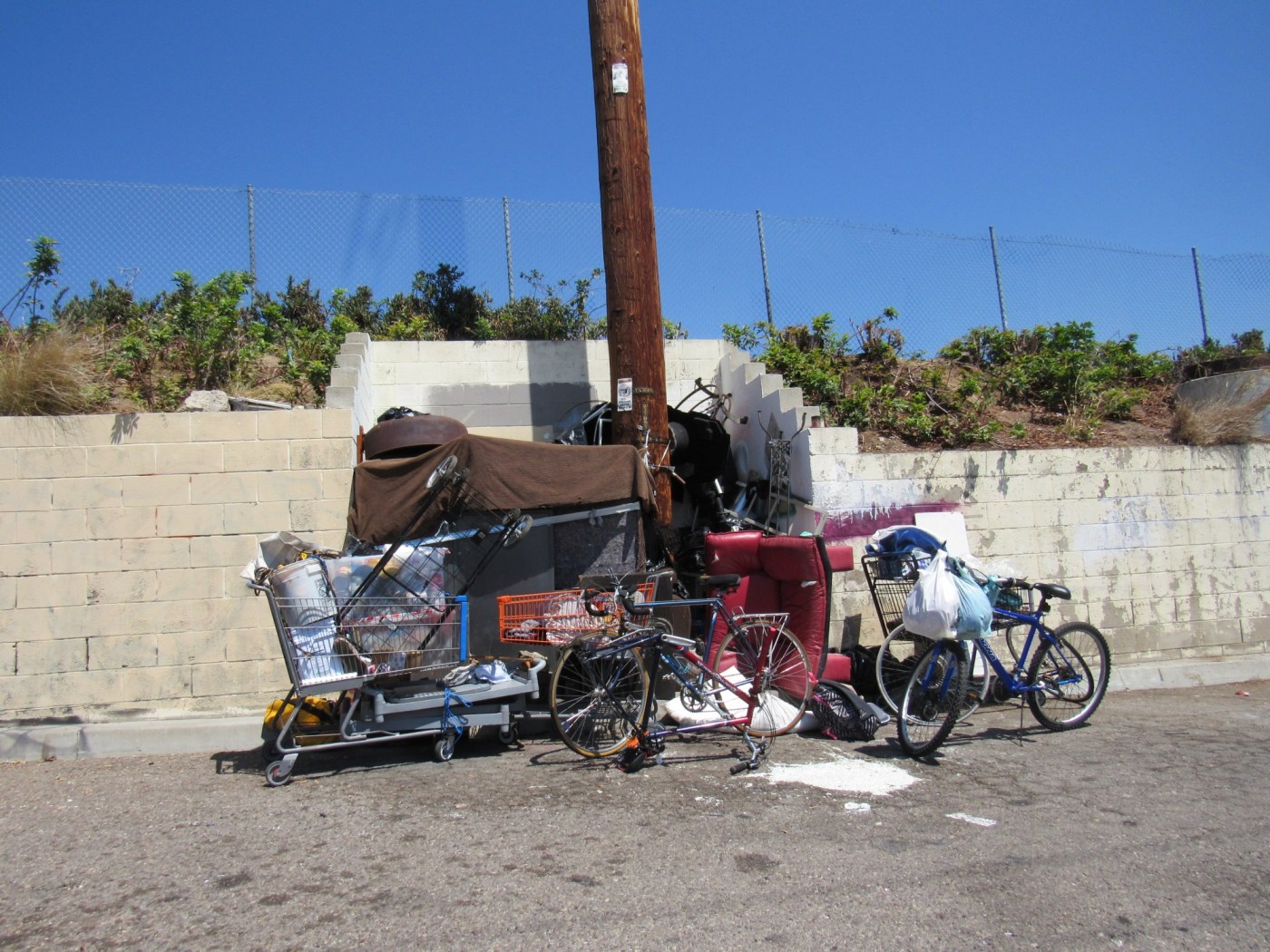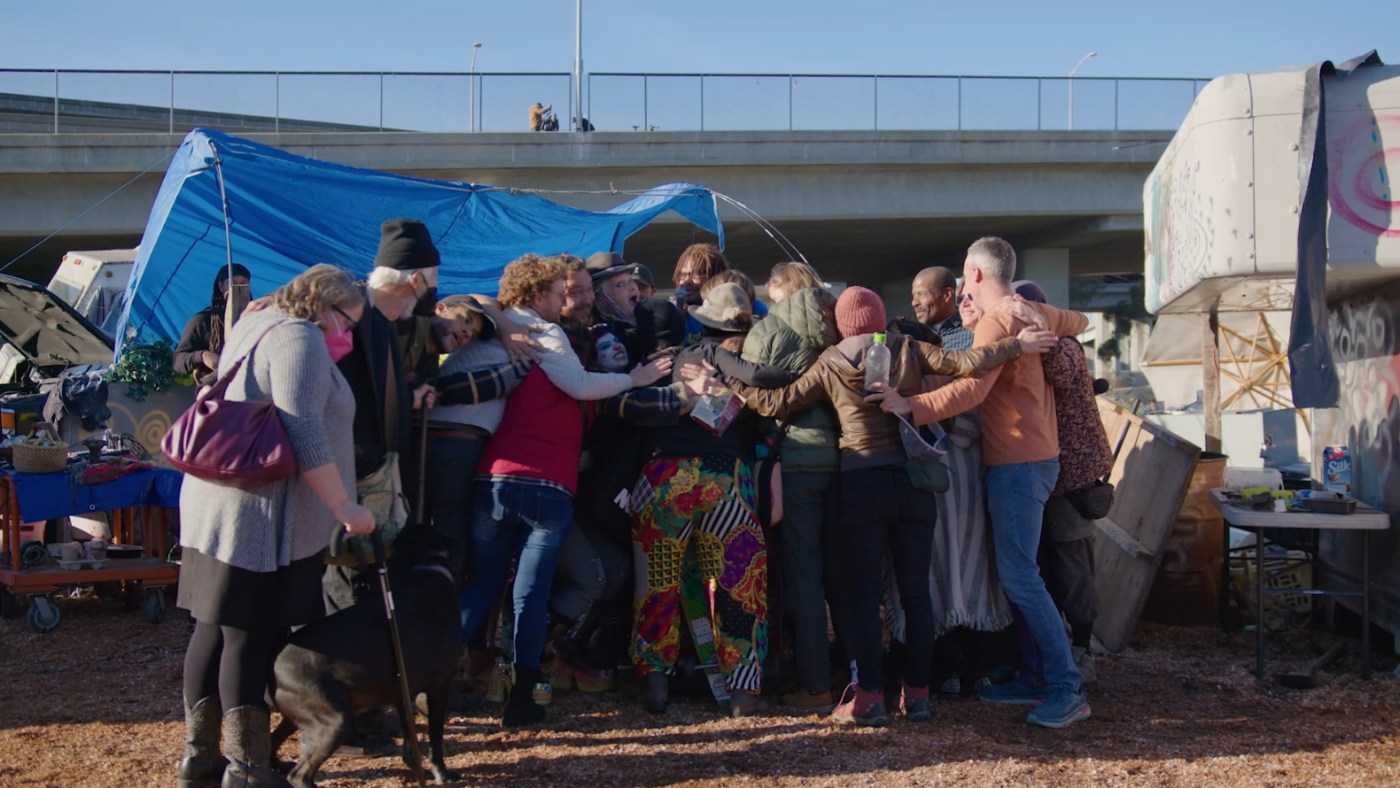A year-long pilot program aimed at addressing homelessness in Lemon Grove concluded recently, resulting in the identification of 181 individuals without stable housing. This initiative connected many to essential services, including food assistance and behavioral health care, with nine individuals successfully transitioning into permanent housing. The findings were presented to the San Diego County Board of Supervisors, offering a comprehensive overview of homelessness in this East County city prior to the implementation of expanded support initiatives.
Supervisor Monica Montgomery Steppe acknowledged the lower number of individuals achieving permanent housing but emphasized the program’s importance in establishing a solid foundation for future advancements. “This pilot program added 181 individuals to that by-name list,” she stated, highlighting its significance.
Historically, East County has faced challenges in accessing the range of homeless services available in larger urban areas like San Diego. Shelter options are particularly scarce, leading county officials to explore various solutions. Previous attempts to create small homes for the homeless in areas such as Lakeside, Santee, and Spring Valley faced opposition from local residents. In response, the county proposed the installation of 60 sleeping cabins in Lemon Grove, a plan that has sparked controversy and led some residents to seek a recall of the city’s mayor due to her support of the initiative. The cabins, commonly referred to as the Troy Street cabins, are not expected to open until 2027.
In light of the pilot program’s conclusion, county supervisors approved a more extensive outreach strategy within Lemon Grove. Initiated in October 2024, the program’s outreach workers documented significantly higher numbers of homeless individuals compared to the region’s annual point-in-time count, which had reported only 110 individuals at the beginning of the year.
Supervisor Paloma Aguirre expressed her desire to see similar outreach efforts expanded to other high-need areas throughout the county. While the pilot program relied heavily on existing county staff and was designed to operate without additional funding, the absence of new financial resources may have limited its effectiveness in securing permanent housing for individuals. Many of those who did find stable housing benefited from rental assistance through the Veterans Affairs Supportive Housing initiative, which is federally funded.
The harsh local housing market has further complicated efforts to house residents. Despite the pilot program’s end, Lemon Grove has recently received a multi-million-dollar grant from the state aimed at enhancing outreach to homeless individuals living in encampments along State Route 94. This funding not only supports outreach but also includes provisions to assist homeless individuals with rental costs. Local officials report that already, more than 30 individuals have secured permanent housing, with expectations that the grant will ultimately provide homes for over 100 individuals.
As Lemon Grove transitions from the pilot program to a more robust outreach strategy, the hope is that these efforts will lead to lasting improvements in addressing homelessness in the community.







